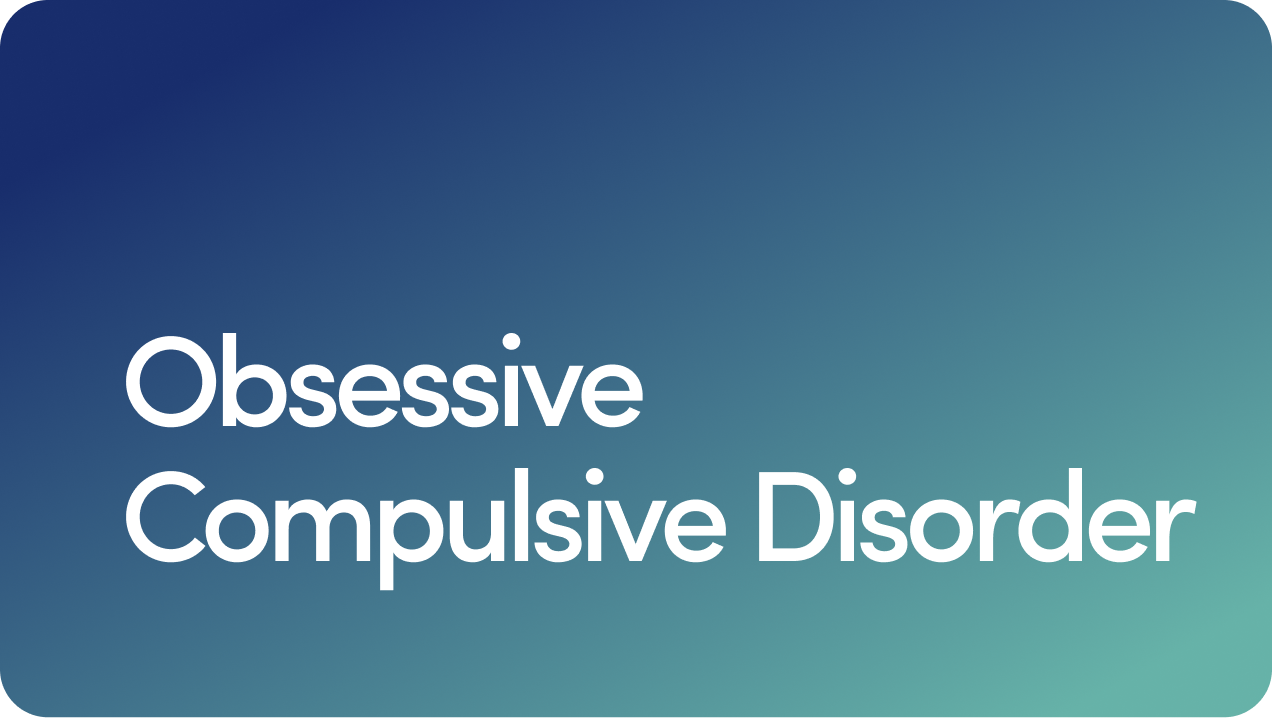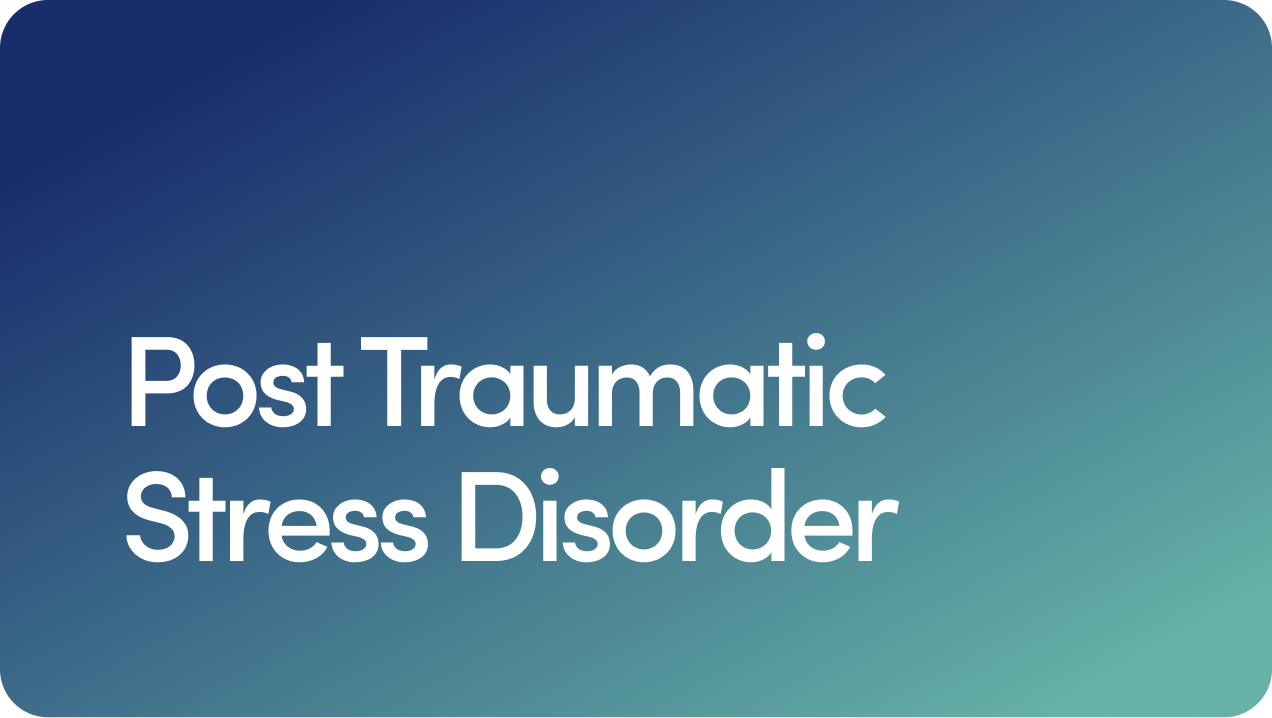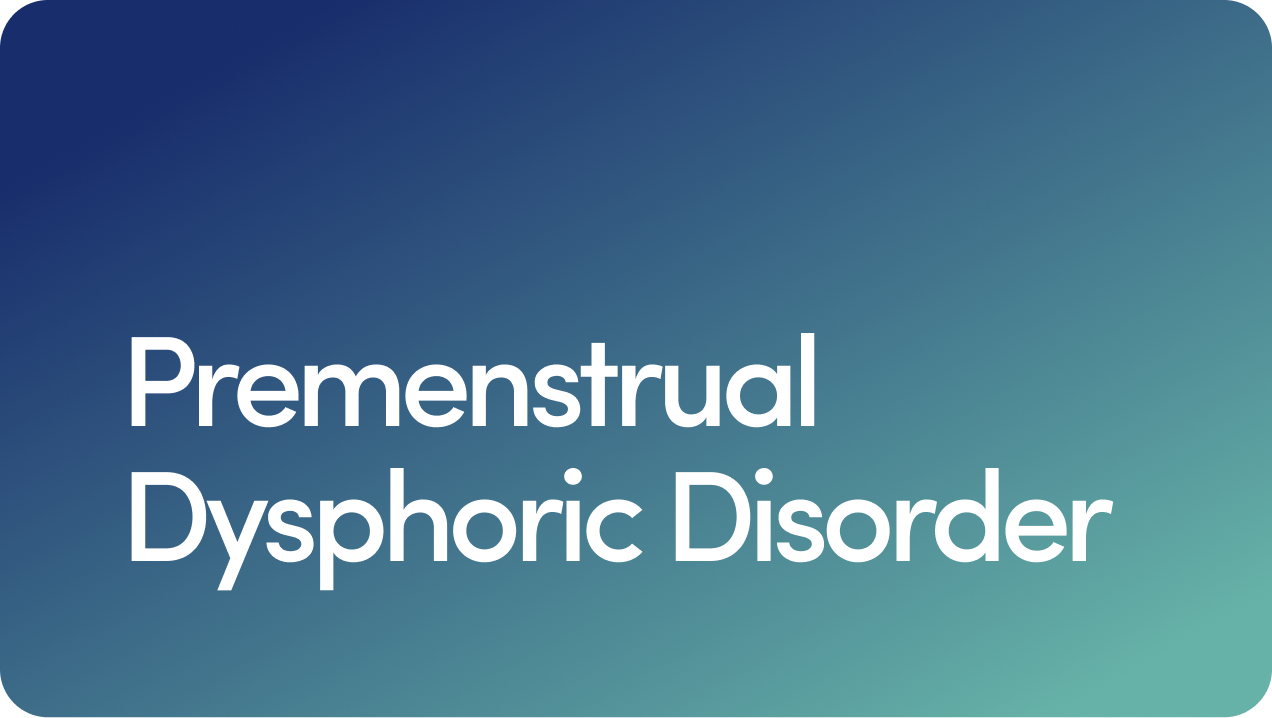Content
Free Mental Health Assessment
The Sexual Side Effects of Cymbalta

Cymbalta® is an effective medication for several psychiatric disorders and mood disorders, and for many people, it drastically improves quality of life. But if you’re one of the people who Cymbalta side effects sexually affect, you may beg to differ.
The sexual side effects of Cymbalta might be something you read about in a pamphlet or saw mentioned in a television commercial. If you have a great healthcare provider, they may even have mentioned that sexual dysfunction is a risk for some people taking this medication. But many people never see these side effects — and some people may not really notice changes.
You, on the other hand, may. And if you’re already struggling with low libido, decreased sexual desire or another sexual issue, it’s understandable that you’d want to know if, how and why the sexual side effects of Cymbalta might change your quality of life.
Cymbalta can be great for many depression sufferers, but if you’re worried about sexual side effects that might be a dealbreaker, here’s what you need to know.
Content
Can Cymbalta Affect Your Sex Drive?
Cymbalta, also known as duloxetine (its generic form) is an antidepressant treatment that helps your brain level out mood imbalances and treat the symptoms of depression. It does this primarily by affecting your brain’s supply of certain neurotransmitters.
Many antidepressant medications work this way, and they can affect serotonin levels (which affect your moods), norepinephrine levels (which regulate stress) or even dopamine levels (which regulate pleasure).
Cymbalta is a serotonin and norepinephrine reuptake inhibitor or SNRI, which regulates both serotonin and norepinephrine to help people with anxiety disorders and depressive disorders live better lives.
These prescription medications can cause side effects — headaches, nausea, fatigue and irritability can be common symptoms of the medication having an adverse effect on you.
The Sexual Side Effects of Cymbalta
Okay, but what about your sex drive? Is Cymbalta going to crush your desire for sex or make sexual intercourse impractical? Unfortunately, the answer to that one is: possibly.
Cymbalta can absolutely affect your sex drive. In fact, it can affect a lot of the main functions of your sex life.
Cymbalta can cause sexual side effects for both men and women, and they’re generally very similar — reduced sex drive or reduced libido, mainly.
Antidepressant-associated sexual dysfunction can mean several symptoms.
Men can experience problems with ejaculatory dysfunction, erectile dysfunction and problems maintaining an erection.
For women, the problems will appear as orgasmic dysfunction or a difficulty with reaching orgasm.
These problems can make it difficult to enjoy or even perform in intimate situations, and over time, that could potentially erode your connection and sense of intimacy with your partner.
While the sexual symptoms of Cymbalta aren’t life-threatening, that’s no less of a reason to take them seriously if your quality of life is being affected.
If that’s the case, it might be time to do something about it.
There are two important answers to the question of whether you should stop taking Cymbalta.
The first is whether or not it’s a good idea to stop taking your anti-depression medication. Generally speaking, it’s not a good idea to abruptly stop taking antidepressant drugs without consulting your healthcare provider for guidance.
Ceasing a course of antidepressant medication can cause noticeable side effects, a relapse of depressive disorder and increased risk of suicidality.
And, depending on how much medication you were taking and whether you wean yourself off of it, you could be setting yourself up for some extremes.
In most cases, a health care provider will wean you slowly off of a medication that is no longer promoting your mental health goals. This will be done to ensure your safety and help your brain adjust more gradually to not having medication for support anymore.
The second, larger question, however, is whether you should go off of Cymbalta at all. This is a conversation you’ll have to have independently with a healthcare provider.
Together, you’ll weigh the pros and cons of stopping or changing this medication and arrive at the best course of action for your individual needs.
You may end up using more effective antidepressants like tricyclic antidepressants or the popular effects of SSRIs to combat your depressive symptoms.
Whether Cymbalta is part of your treatment for depression or not is ultimately a conversation you’ll need to have with a medical professional.
If your common side effects are overwhelming, it may be smart to move to a different medication or even an alternative therapy like, well, therapy. This is where hers’ online counseling may be of help.
Antidepressant-induced sexual dysfunction in some depressed patients may be a worthy price to pay if you’re overwhelmed by major depression, severe depression or another depressive illness, but that is ultimately a decision for you to make with the help of your healthcare provider.
Treating depression can sometimes mean making mild side effects a necessary evil, but there’s a fine balance to be struck between what you tolerate for your mental health and what does net harm to it.
What we’re getting at here is, if a healthy sex life and intimacy are priorities for you right now, these may be more important concerns to mention to a health care provider before taking a new medication or once side effects have begun to appear.
This is a great time to remind you that just because a medication is “working” doesn’t mean it’s the “right” medication for you. Potential side effects that reduce your quality of life aren’t side effects: they’re effects.
If you’re navigating the uncharted waters of treatment for depression alone or without talking to healthcare professionals, these questions and uncertainties can put you in danger — so don’t wait to involve someone else in the conversation.
1 Source
Hims & Hers has strict sourcing guidelines to ensure our content is accurate and current. We rely on peer-reviewed studies, academic research institutions, and medical associations. We strive to use primary sources and refrain from using tertiary references.
- U.S. National Library of Medicine. (n.d.). Duloxetine: Medlineplus drug information. MedlinePlus. Retrieved June 5, 2022, from https://medlineplus.gov/druginfo/meds/a604030.html.
This article is for informational purposes only and does not constitute medical advice. The information contained herein is not a substitute for and should never be relied upon for professional medical advice. Always talk to your doctor about the risks and benefits of any treatment. Learn more about our editorial standards here.
Kristin Hall, FNP
Education
BSN - University of Missouri, 1997
MSN - Saint Louis University, 1999
Training
Family Nurse Practitioner Internship - Saint Louis University, 1999
Medical Licenses
Registered Nurse, Missouri (Multi-State), 1997
Registered Nurse, Alaska, 2023
Registered Nurse, California, 2023
Registered Nurse, Connecticut, 2023
Registered Nurse, District of Columbia, 2023
Registered Nurse, Hawaii, 2023
Registered Nurse, Illinois, 2011
Registered Nurse, Massachusetts, 2023
Registered Nurse, Michigan, 2023
Registered Nurse, Minnesota, 2023
Registered Nurse, Nevada, 2023
Registered Nurse, New York, 2023
Registered Nurse, Oregon, 2023
Registered Nurse, Washington, 2022
APRN, Certified Nurse Practitioner, Missouri, 2000
APRN, Certified Nurse Practitioner, Illinois, 2011
APRN, Certified Nurse Practitioner, North Dakota, 2024
APRN, Certified Nurse Practitioner, Oregon, 2023
APRN, Certified Nurse Practitioner, Rhode Island, 2024
Board Certifications
Family Nurse Practitioner - American Nurses Credentialing Center, 2000
Other Certificates & Certifications
Lean Six Sigma, Green Belt Certification, 2015
Diabetic Mapping Certification Expert, 2012
BLS/CPR Certification, 2025
Affiliations & Memberships
Specialties & Areas of Focus
Family Practice Medicine, specializing in chronic disease management (diabetes, hypertension, obesity). Additional support and treatment of mental health diagnosis and men’s and women’s health.
Years of Experience:
25
Why I Practice Medicine
Caring for the whole person—understanding that true health extends beyond physical symptoms—has always been central to my work. As a nurse and family nurse practitioner, I’m passionate about empowering individuals to live their healthiest lives, physically, emotionally, and socially. Delivering compassionate, comprehensive care is not only my profession—it’s my purpose.
Hobbies & Interests
In my spare time, I enjoy staying active and connected to nature through skiing, hiking, and spending time outdoors. I’m also an avid St. Louis Cardinals baseball fan and find joy in reading, sewing, baking, and creative hobbies that keep me inspired outside of work.
LinkedIn:
Related Conditions
 Anxiety
Anxiety
 Depression
Depression
 OCD
OCD
 PTSD
PTSD
 Bipolar Disorder
Bipolar Disorder
 Premenstrual Dysphoric Disorder
Premenstrual Dysphoric Disorder